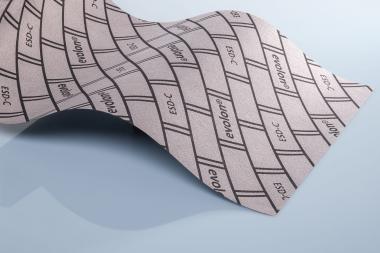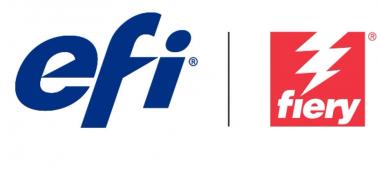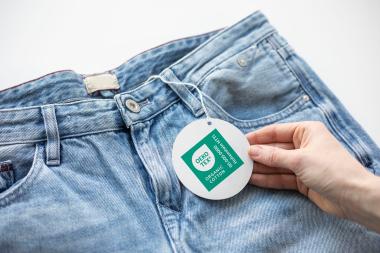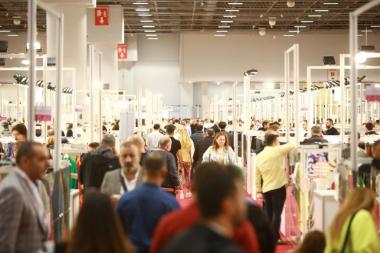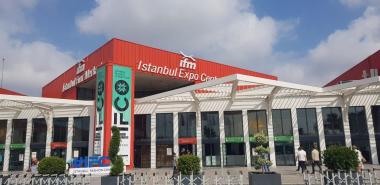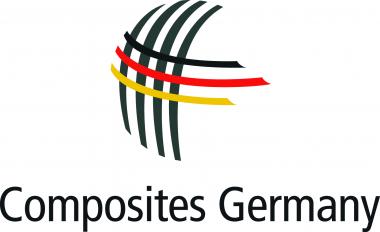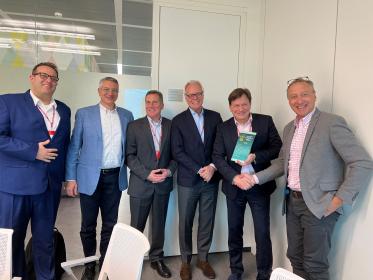Freudenberg: Packaging textile for automotive and industrial parts
Freudenberg Performance Materials (Freudenberg) is widening its product range of technical packaging textiles. Evolon® ESD protects automotive and industrial parts with electronic components from electrostatic discharge. This includes trim lines, dashboards, mirrors, steering wheels, etc.
The ESD (ElectroStatic Discharge) feature of the new Evolon® technical packing textile provides permanent electrostatic discharging protection and the fabric’s surface resistivity can be customized. This eliminates ESD damage to electronic components during transport because electrostatic charging due to movement and friction is safely prevented. As this kind of damage cannot be detected with the naked eye, Evolon® ESD helps to avoid failures which can occur after the final product is assembled and released. Manufacturers benefit from fewer complaints and warranty costs, as well as better end customer satisfaction.
Further protection feature
Unlike conventional ESD packaging solutions, Evolon® ESD also protects parts surfaces by avoiding micro-scratches or lint contamination. By using Evolon® reusable packaging to transport parts with highly-sensitive surfaces, customers reduce the number of damaged parts and the reject rate.
Additional benefits
Evolon® microfilament textiles are also extremely strong and are available in different weights to meet a wide range of requirements – from lightweight to heavy-duty. They can be used to pack and transport very heavy parts without damage. In addition, Evolon® fabrics are durable, and contain up to 85% recycled PET.
Freudenberg Freudenberg Performance Materials packaging Packaging textiles Evolon Automotive
Freudenberg Performance Materials


